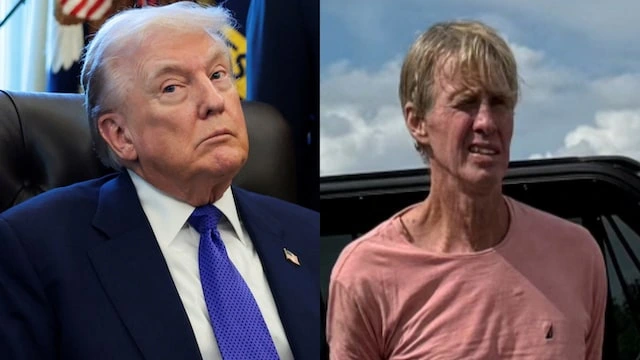FG Plans End to Power Subsidy as Electricity Debt Hits ₦5tr — Adelabu

The Federal Government is set to eliminate subsidies in the electricity sector by transitioning to a fully cost-reflective tariff regime, according to Minister of Power, Adebayo Adelabu. This is part of broader reforms aimed at addressing the sector’s mounting debt and ensuring sustainability.
Speaking during the Mission 300 Stakeholders’ Engagement in Abuja, Adelabu revealed that Nigeria owes power generation companies over ₦4 trillion in unpaid subsidies as of December 2024. Recent data also shows that an additional ₦1.1 trillion was incurred in the first half of 2025, pushing the total debt to about ₦5 trillion.
He emphasized that continuing with the subsidy model is unsustainable and threatens economic development. “To stop the accumulation of further debt, the government is working to transition the sector to a fully cost-reflective regime, while implementing targeted subsidies for the economically vulnerable,” he said.
Under the current structure, the allowed tariffs are far lower than the actual cost-reflective tariffs. For example, Band A customers are charged ₦209.50 despite the cost being over ₦220. Band B and C customers pay as little as ₦67 and ₦56, even though the real cost exceeds ₦200 per unit.
Adelabu said the reforms would include:
- Clearing the existing ₦4tr debt to GenCos
- Recovering idle generation capacity
- Expanding Nigeria’s energy mix to include cleaner and cheaper energy sources
- Strengthening the national grid and stabilizing transmission infrastructure
- Enhancing rural electrification and renewable energy projects
The minister noted that the breakdown of local government administration has forced lawmakers to take on executive roles, including power-related infrastructure, thus complicating sector responsibilities.
Finance Minister Wale Edun, speaking virtually from Brazil, backed the reforms, saying they were essential for boosting job creation and unlocking Nigeria’s economic potential. He claimed power distribution improved by over 40% in Q1 2025.
Consumer Pushback
Despite government assurances, consumer rights advocates and energy analysts warn that raising tariffs without service improvements will worsen public dissatisfaction.
Kunle Olubiyo, President of the Nigeria Consumer Protection Network, said the public would be unfairly burdened without corresponding improvements in electricity supply. “Between 2015 and now, we’ve only added about 400 megawatts to the grid. Increasing tariffs won’t solve the performance gap,” he said.
Bode Fadipe, CEO of Sage Consulting, noted that while liquidity is critical, focusing only on tariff hikes without addressing structural and policy deficiencies will not fix the sector.
Consumers like Abubakar Aliyu in Band C areas say they often receive less than six hours of electricity daily. “If service doesn’t improve, any tariff hike will be unjustifiable,” he said.
As the nation faces rising inflation and economic strain, stakeholders are urging the government to approach the power sector reforms with a balanced mix of pricing, investment, and accountability.



